For American religion, the story of decline just won’t let up.
A shrinking number of Americans — 16% — say religion is the most important thing in their lives, down from 20% in 2013. And nearly 3 in 10 — or 29% — say religion is not important to them at all, up from 19% 10 years ago. Those are among the findings in a new encuesta by the Public Religion Research Institute on religion and congregations fielded in 2022 and published Tuesday.
The survey of 5,872 American adults finds that 57% seldom or never attend religious services (compared with 45% in 2019). And some of those who do are restless. The survey finds that 24% of Americans said they now belong to a religious congregation other than the one they grew up in; that’s up from 16% in 2021.
But among those who remain churchgoers, there’s a happier story, too.
Most churchgoers across Christian traditions — 59% — have attended their current church for more than 10 years, revealing remarkable stability.
Your tax-deductible gift helps our journalists report the truth and hold Christian leaders and organizations accountable. Give a gift of $30 or more to The Roys Report this month, and you will receive a copy of “Hurt and Healed by the Church” by Ryan George. To donate, haga clic aquí.
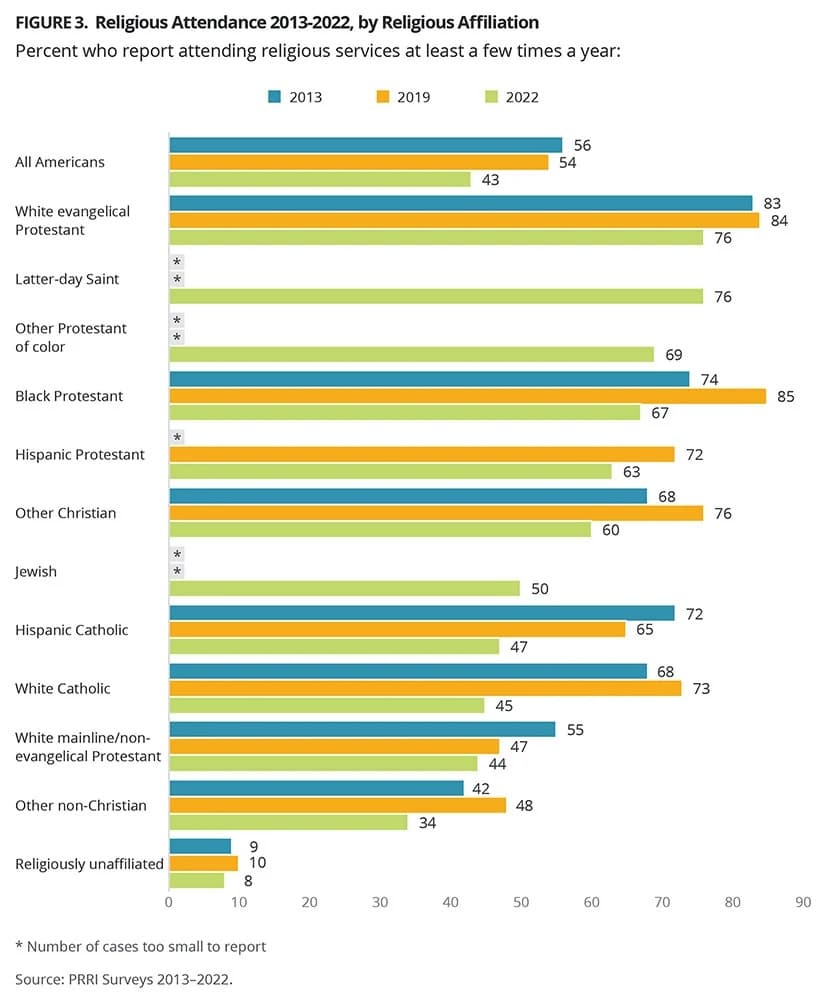
An overwhelming number of regular attenders — 82% — say they are optimistic about the future of their congregation. And a whopping 89% say they are proud to be associated with their church.
“What struck me about the findings is the paradox,” said Melissa Deckman, CEO of PRRI. “We see continued declines in the role of religion. But for those who attend regularly they seem pretty happy and satisfied, even proud of their congregations.”
Americans who attend church at least a few times a year are slightly more likely than those who seldom or never attend church to be civically or politically active. The survey shows they are more likely to have contacted a government official (23% vs. 19%), served on a committee (17% vs. 10%), or volunteered for a political campaign (7% vs. 4%).
Higher levels of civic engagement are particularly strong for Black and Hispanic churchgoers. White Americans tend to be more politically engaged than nonwhites, regardless of whether they attend church.
The survey also asked Americans what subjects they hear about from the pulpit. Most churchgoers reported poverty and inequality, followed by racism and abortion. Election fraud and Donald Trump were among the surveyed subjects least discussed. Only around 1 in 10 churchgoers said their church sometimes or often discusses the former president (8%) or election and voter fraud (11%).
In addition, 56% of churchgoers surveyed don’t think their churches are more politically divided than five years ago (13% say they are more divided).
Most churchgoers also give their congregations high marks for welcoming gays and lesbians — 75% agreed or mostly agreed their church is welcoming of everyone, including LGBTQ people.
And while 71% of churchgoers identified in the survey said their congregations should provide perspectives on social issues, only 45% agreed with the statement “Congregations should get involved in social issues.” (Black churchgoers were the exception — 63% said churches should get involved.)
“There’s still a hunger to hear about social issues, as long as it’s not challenging conversation,” said Deckman. That may make some sense, she added, because “most people go to church for spiritual reasons,” not political reasons.
The survey did find a growing number of people switching their religion — now about a quarter of all Americans. Catholics appeared to be the biggest losers in this game of musical chairs.
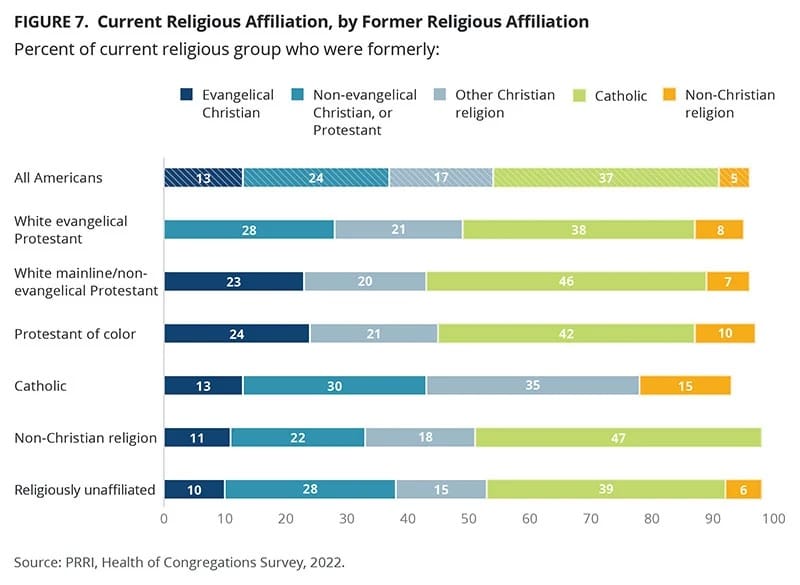
Among Americans who left their religious tradition, 37% say they were formerly Catholic, more than any other group. The survey also found that among mainline Protestants, 46% were previously Catholic, and among Black Hispanic and Asian Protestants, 42% are formerly Catholic.
Catholics also scored poorly on the question of whether religion is important to them. White Catholics were twice as likely in 2022 as they were in 2013 to say religion is not important (16% vs. 7%), and this gap is larger among Hispanic Catholics (13% vs. 2%).
Most religious switchers (56%) said the reason they left their prior religion is that they stopped believing its teachings. Thirty percent of switchers said their faith’s attitudes toward LGBTQ people led them to leave, and 27% cited “scandals involving leaders.” Only 17% said their congregation had become too political.
The survey was fielded in August 2022. It had a margin of error of plus or minus 1.86 percentage points.
 Yonat Shimron es reportero nacional y editor senior de Religion News Service.
Yonat Shimron es reportero nacional y editor senior de Religion News Service.






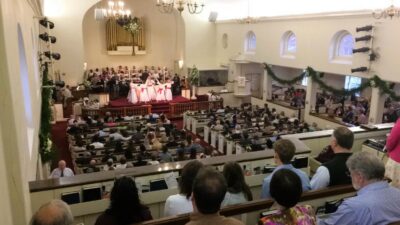
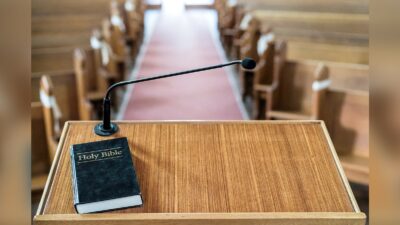

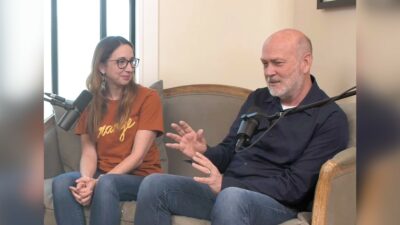

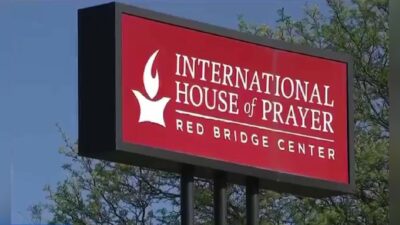








2 Respuestas
What was that phrase Dave Ramsey popularized, “Fat dumb and happy”? Yep, that’s us.
I see a danger in the statistical findings as presented in this report. Academics, experts, and those with this special interest, may well find the survey’s finding illuminating and useful. For those of us at more of a distance, in terms of expertise and interest, I think the nominal findings are very difficult to interpret and judge. I then think that the risk is, that some of us at this distance, may take understanding from these presented findings, that is not completely valid.
I sense, for instance, that the findings about Roman Catholicism, would benefit from more intensive analysis. It’s tempting, for instance, to nod one’s head at the idea that RC doctrine and theology is becoming less believable for a current population. That understanding may however, across factors not considered by the survey methodology and data interpretation, be somewhat wide of the validity mark.